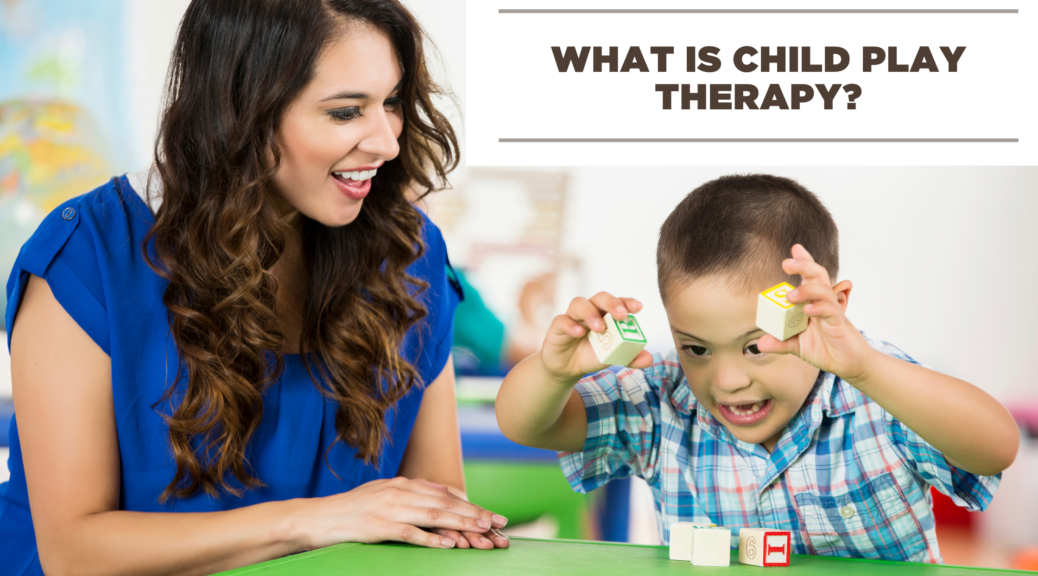Play is the natural language of children and is a metaphor, or symbolic expression, of what is going on in their lives. Play is to children what verbalization is to adults. Play therapy is a type of therapy that, as the name suggests, involves playing. It has been around for a long time, even in an academic context.
Recently, play therapy has been refined and targeted to a variety of different disorders, from autism spectrum disorder (ASD) to attention-deficit hyperactivity disorder (ADHD). Play therapy has also been used in normal functioning children and adults to great effect.
Play therapy is a well-researched and effective therapeutic approach. Play therapy enables children to communicate their feelings, experiences, and ideas through play, their natural medium of expression.
What Is Play Therapy?
Play therapy is one form of psychotherapy with children. This is a method in which professional psychotherapists, who may be psychologists or clinical social workers, help children overcome emotional and behavioral difficulties through different forms of ‘play’ or activities. Play therapy allows children to express and process feelings, thoughts, and experiences through their natural desire to play. Therapeutic play empowers the child to overcome challenges without demanding words, explanations, or adult reasoning. Play therapy can be used to help children deal with traumas, family issues, emotions, and developmental challenges.
The child play therapist will often work with the child’s parents and siblings to increase insight and communication skills with their child. As understanding increases and communication approaches shift, there is often a reduction in the child’s concerning behaviors. This may lead to a marked increase in household happiness and overall resiliency gains for all family members.
What kind of problems is play therapy effective for?
Play therapy can be used to treat children with several kinds of problems. It is particularly effective for children who have:
- Experienced physical or emotional trauma
- Experienced physical, emotional or sexual abuse
- Witnessed conflict or have been bullied
- Been severely punished by teachers or authority figures
- Witnessed armed conflicts or natural calamities
- Been displaying behavior or conduct issues
- Experienced significant life changes (loss of parents, parents’ divorce, or separation from family)
- Had trouble reaching developmental milestones
- Issues with anxiety or sadness
- Trouble coping with their immediate environment
Sometimes play therapy may also be used to assess how effective pharmacological or therapy has been with a particular child. The therapist will be able to pick up indicators from play sessions before and after treatment and compare them to understand how much the child has benefited.
What happens during a play therapy session?
Each play therapy session lasts anywhere between 45 minutes to an hour.
During a play therapy session, the child is taken to the playroom and asked to explore some toys that are age-appropriate. When the child is allowed spontaneous expression through play, they may pick up toys that indicate their emotional states, or draw something to share their challenges. Children from families which have conflict may draw the picture of a happy family; children who have conduct problems may pick up a gun to shoot a doll or mimic other acts of violence using the toys provided.
The therapist observes the child play with the toys and writes down their interpretations. Sometimes, the therapist may choose to do a group therapy session based on the child’s needs. Group therapy could involve the child playing with other children of a similar age, or with their own family.
Why It’s Used
Children lack the cognitive and verbal skills to talk about some issues. Grief, for example, can be very complex and a child may have trouble putting their thoughts and feelings into words.
Play therapy gives the child catharsis and gives them insight into their own issues. By allowing the child the freedom to express what they’re going through, play therapy can help the child to:
- Learn basic or advanced motor skills
- Learn decision-making and problem-solving skills
- Learn social skills
- Release excess energy
- Understand their emotions and their problems
- Gain more confidence through self-expression
- Enhance their imagination and creativity
End Words
As adults, when we have emotional issues or mental health problems, we are often able to recognize that something is out of sorts; sometimes, we are even able to share our emotions with others. But with children – particularly those who are very young – this may not be possible. It is then more effective to use play, a medium that comes very naturally to the child, to explore their issues.
Any mental health professional (psychiatrist, psychologist, or psychiatric social worker) who has had special training in play therapy can conduct a play therapy session. If you’d like to find a professional for child’s play therapy, you can get in touch with The Center for Connection.




